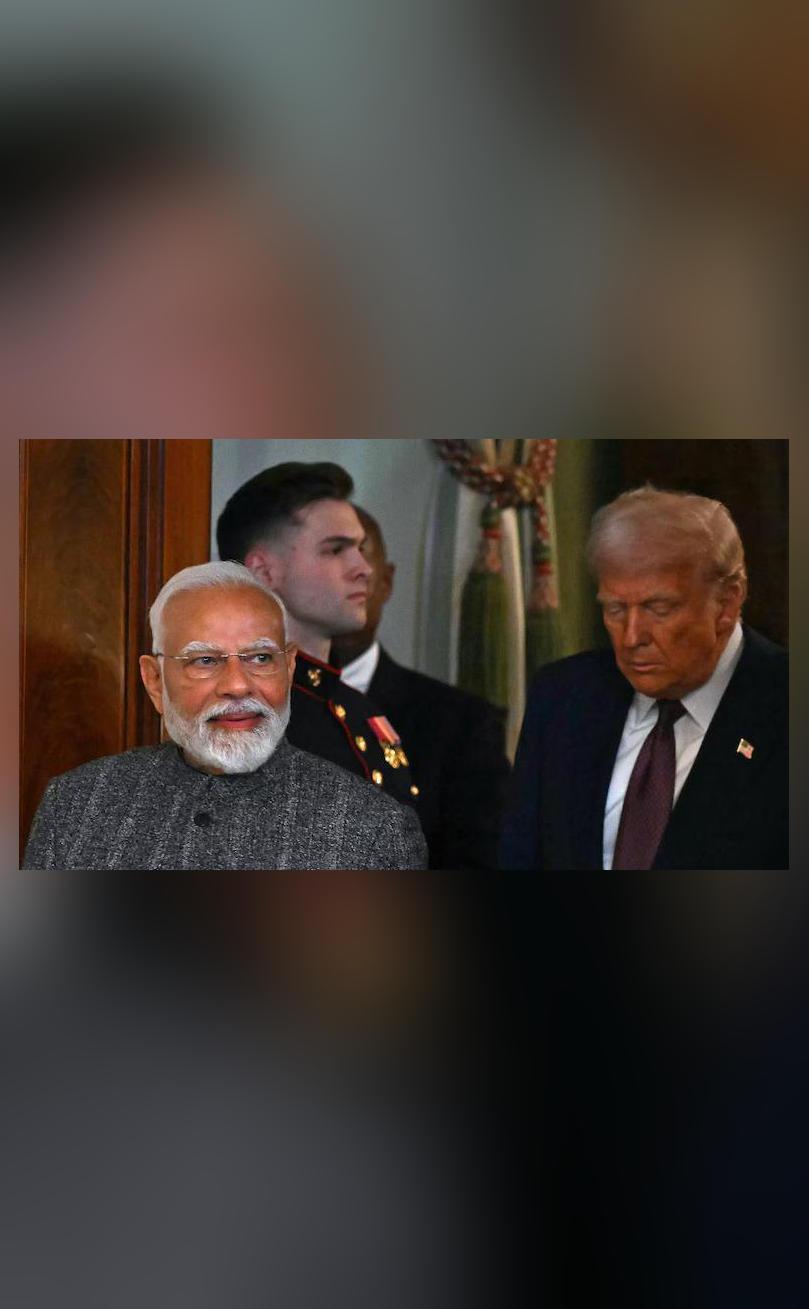
Trump’s Tariffs Can Push India Closer to Russia & China: Ex-US NSA
The ongoing trade tensions between the United States and India have taken a new turn, with former US National Security Advisor John Bolton warning that President Donald Trump’s decision to impose 50% tariffs on India could backfire and push the country closer to Russia and China. Bolton’s comments come as a strong rebuke to Trump’s trade policies, which have been criticized for being protectionist and damaging to global trade.
In a recent interview, Bolton expressed his concerns about the impact of the tariffs on the US-India relationship, saying that Trump’s “heavy-handed tariffs on India jeopardise decades of American efforts to bring India away from Russia and China.” This comment highlights the complex dynamics at play in the US-India relationship, which has been marked by fluctuations in recent years.
The tariffs, which were imposed on June 1, target a range of Indian goods, including aluminum and steel, as well as agricultural products like rice, wheat, and soybeans. The move comes amid growing tensions between the US and India over trade and security issues, including India’s decision to ban the use of popular digital payment apps like PayPal and Google Pay.
Bolton’s warning highlights the delicate balance between the US and India, which has been a key ally in the region. The US has long sought to encourage India to move away from its traditional relationships with Russia and China, and to strengthen ties with the US as a counterbalance to Chinese influence.
However, Trump’s tariffs could undermine this effort, as India seeks to diversify its trade relationships and reduce its dependence on the US market. India has responded to the tariffs by imposing its own retaliatory measures, including increasing duties on US goods like almonds, apples, and walnuts.
The US-India relationship has been marked by fluctuations in recent years, with Trump’s administration imposing tariffs on Indian goods and services in recent months. This has led to tensions between the two countries, with Indian officials accusing the US of using “protectionist” policies to undermine India’s economic growth.
Despite these tensions, the US remains a key partner for India, particularly in the areas of defense and security. The two countries have strengthened their military ties in recent years, with the US providing India with advanced military equipment and technology.
However, Trump’s tariffs could undermine this relationship, as India seeks to diversify its trade relationships and reduce its dependence on the US market. India has already made significant progress in this area, with the country’s trade with China and Russia growing rapidly in recent years.
The implications of Trump’s tariffs on the US-India relationship are significant, as they could lead to a shift in India’s strategic alignment in the region. India has traditionally been a key ally of the US in the region, but Trump’s tariffs could lead to a re-evaluation of this relationship.
In conclusion, Trump’s decision to impose tariffs on India could have significant implications for the US-India relationship. The tariffs could undermine decades of American efforts to bring India away from Russia and China, and could lead to a shift in India’s strategic alignment in the region.
As Bolton warned, the tariffs could “jeopardise decades of American efforts to bring India away from Russia and China.” This highlights the complex dynamics at play in the US-India relationship, which has been marked by fluctuations in recent years.
The US and India must work together to find a solution to their trade tensions, which would benefit both countries and strengthen their relationship. This could involve negotiating a new trade agreement that addresses the concerns of both countries, and promotes greater cooperation and dialogue.
News Source:






